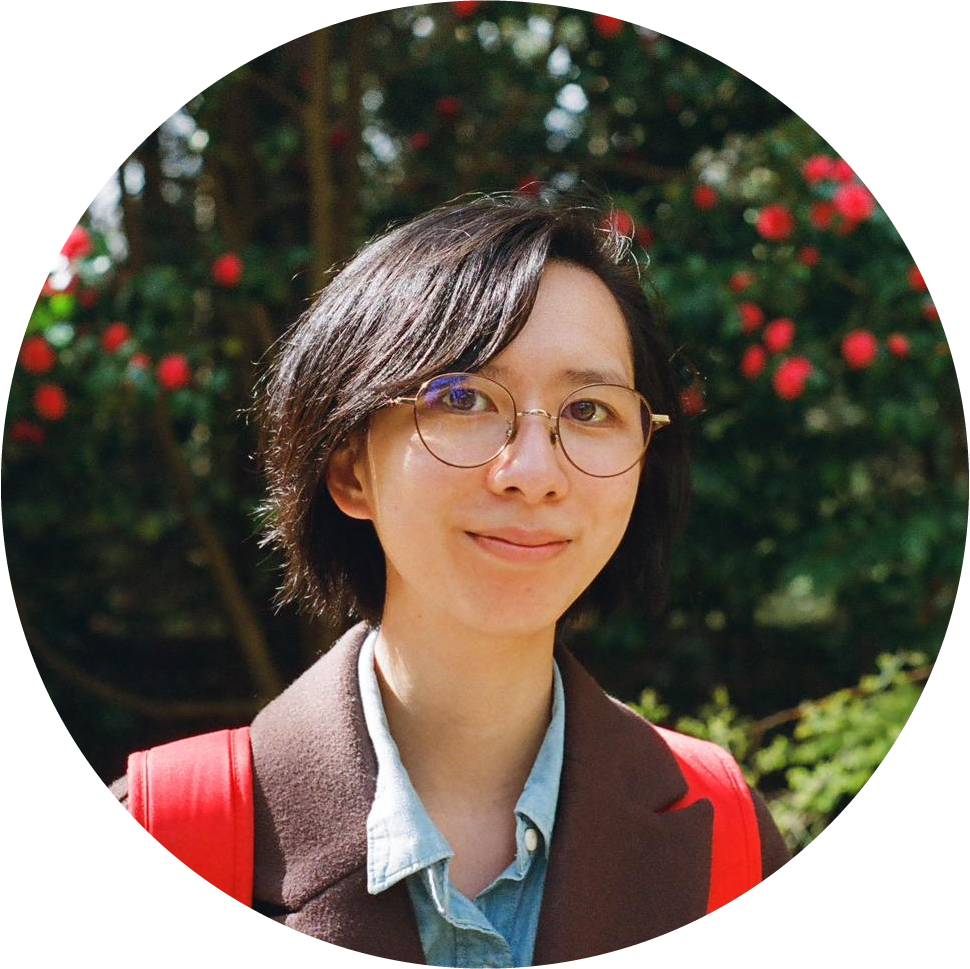Shirley (she/her) is a second-generation Chinese Canadian who grew up on the ancestral and unceded territories of the hən̓q̓əmin̓əm̓ (Halkomelem) and Sḵwx̱wú7mesh (Squamish) speaking peoples. She is graduating with a BSc in Global Resource Systems, specializing in global nutrition and health, and minoring in ACAM. During her undergraduate degree, Shirley focussed on examining the intersections of food, community, identity, and health in the context of BC. Her work and research is inspired by her friends and family.
Have you completed any ACAM-related projects? What was this experience like?
During my studies, I also worked as a research assistant for INSTRCC (the initiative for Student Teaching and Research in Chinese Canadian Studies) which gave me the opportunity to collaborate with a diverse range of community partners on a number of projects, including Chinatown Reimagined and Richmond Growing. Working with community members, educators, archivists, and historians helped me learn how to align my actions with my values to develop inclusive cultural programming. Community-engaged learning added personal meaning and depth to my time at UBC and was the most important experience in my degree. Outside of INSTRCC, I also developed the student-directed seminar (SDS), “The Becoming of Modern Chinese Foodscapes” under the supervision of Dr.Clayton Ashton. I’ve always enjoyed learning about food, so this SDS was an amazing opportunity (and challenge!) for me to explore my relationship to and understanding of Chinese food culture.
What is one piece of advice you would give to your first-year self?
I would tell myself to have more self-compassion. I think that it’s important for people to set high standards for themselves and to pursue excellence. But, it’s hard to thrive and succeed when we don’t feel well. One of the many things I appreciate about ACAM is that the program ties success and wellness together; we don’t need to pick one over the other to be our best selves.
 Faculty of Art
Faculty of Art
